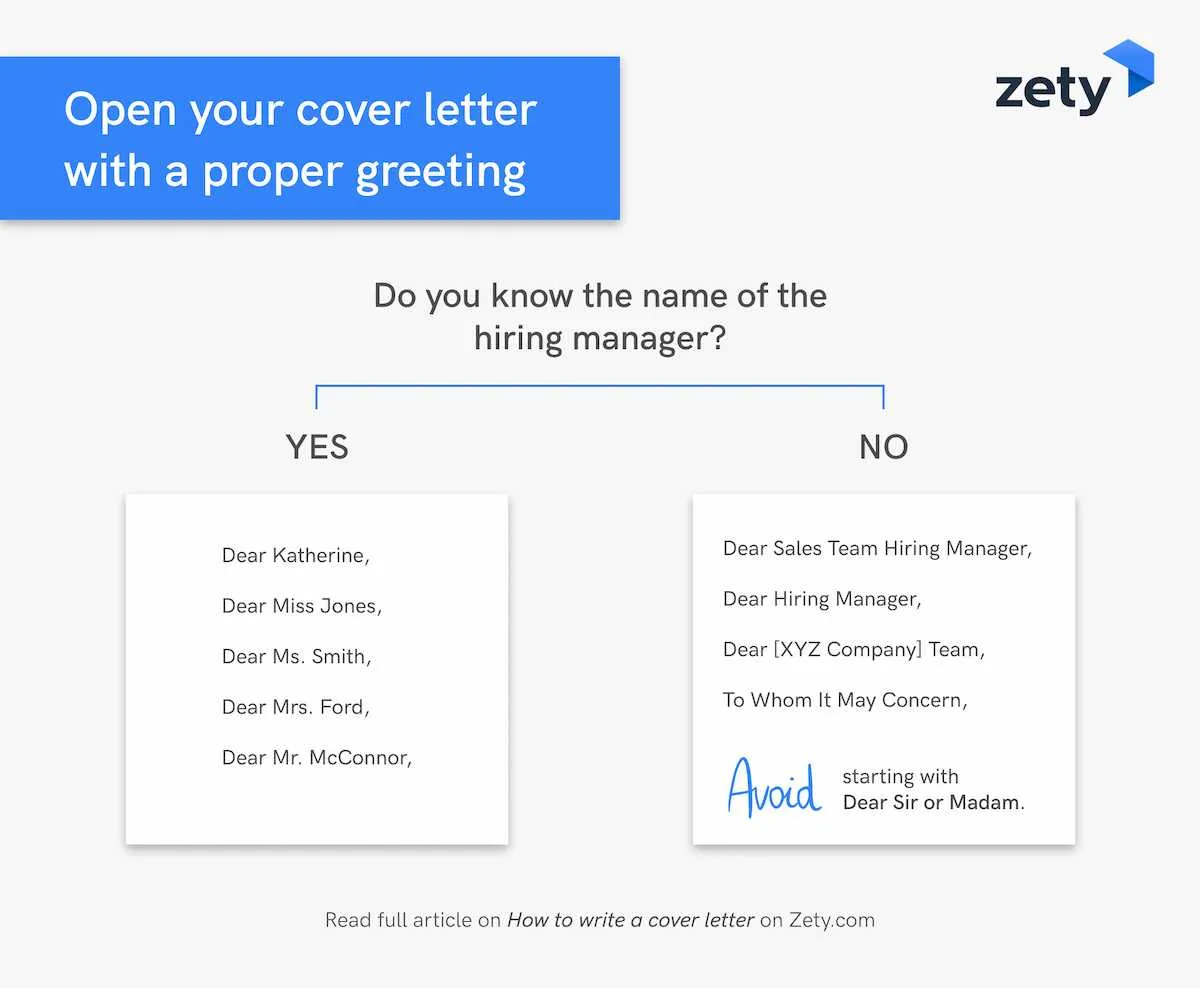Understanding the Importance of the Cover Letter Addressee
The cover letter, often an overlooked component of a job application, is your initial introduction to a potential employer. Its importance extends beyond simply reiterating information found in your resume. One crucial aspect often underestimated is the significance of correctly addressing your cover letter. Addressing the right person, typically the hiring manager or the relevant contact, demonstrates professionalism and genuine interest. It’s a subtle yet powerful way to show that you’ve taken the time to research the company and understand its structure. Failing to address the letter properly, or addressing it to the wrong individual, can inadvertently create a negative first impression and potentially hinder your application from the outset. This guide will delve into the ‘whys’ and ‘hows’ of finding the right addressee.
Why Addressing Matters
Why is addressing a cover letter so important? It’s all about making a strong first impression and showing that you care. It’s a signal to the hiring manager that you’re serious about the job and that you’ve done your homework. Using the correct name shows that you are not just sending out a generic application; it suggests you are specifically interested in the role and the company. This attention to detail sets you apart from candidates who send out generic, mass-produced applications. Taking the extra step to personalize your cover letter demonstrates a proactive approach, which is highly valued by employers. In a competitive job market, these small details can significantly influence the outcome of your application.
Impact on First Impressions
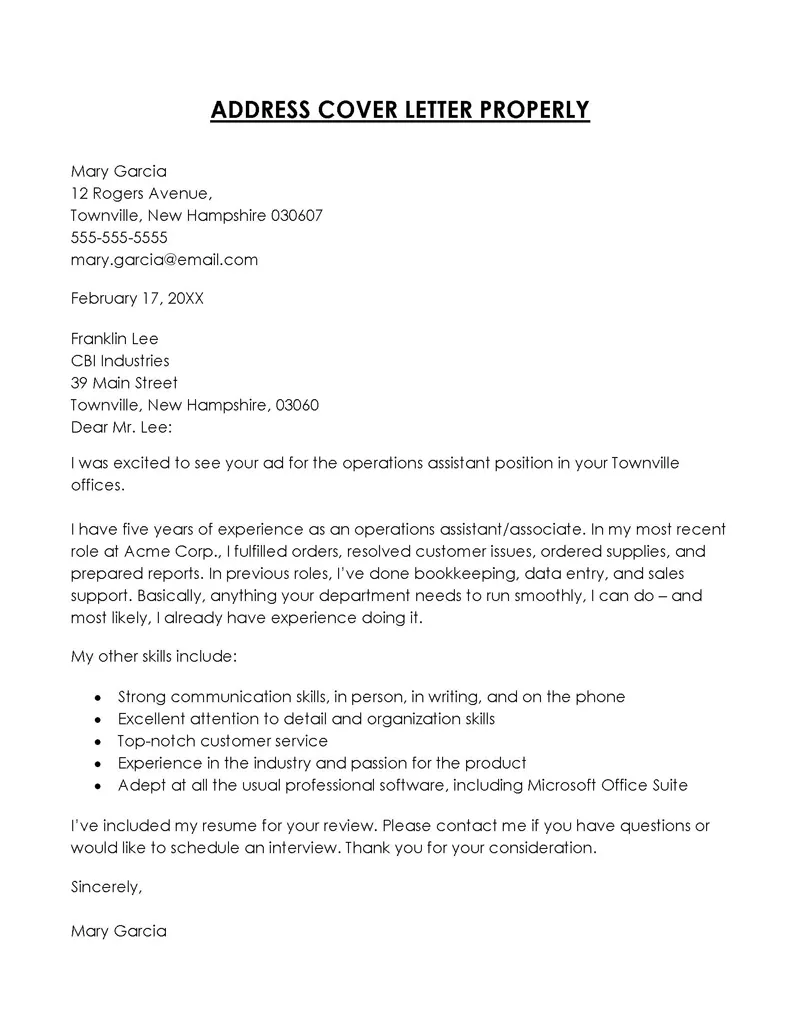
The addressee of your cover letter shapes the initial impression you make on a potential employer. Addressing it correctly immediately sets a tone of respect and consideration. Conversely, addressing the letter improperly—or worse, neglecting to address it at all—can send a negative message. It could appear you are indifferent to the role or simply lack attention to detail. This initial impression is crucial because it influences how the hiring manager perceives the rest of your application. A well-addressed cover letter signifies that you are professional and engaged. It demonstrates that you’ve invested the time to tailor your application to the specific opportunity. In contrast, a poorly addressed letter may lead to your application being overlooked.
Demonstrating Attention to Detail
Attention to detail is a fundamental skill valued in most professional environments. Correctly addressing a cover letter is a direct display of this skill. It shows that you’re thorough, meticulous, and not prone to making careless errors. This attention to detail is particularly vital in roles where accuracy and precision are required. It gives the hiring manager confidence that you will approach tasks with the same level of care and diligence that you applied when writing the cover letter. Employers want to hire individuals who pay attention to the little things. Because these small details can frequently lead to larger successes down the line.
How to Research the Hiring Manager
Finding the right person to address your cover letter to may require some detective work, but it’s a worthwhile investment. It demonstrates your genuine interest in the role. Here are several strategies for researching and identifying the hiring manager or the appropriate contact within a company. These tactics will help you make a more personalized and impactful connection.
Using Company Websites
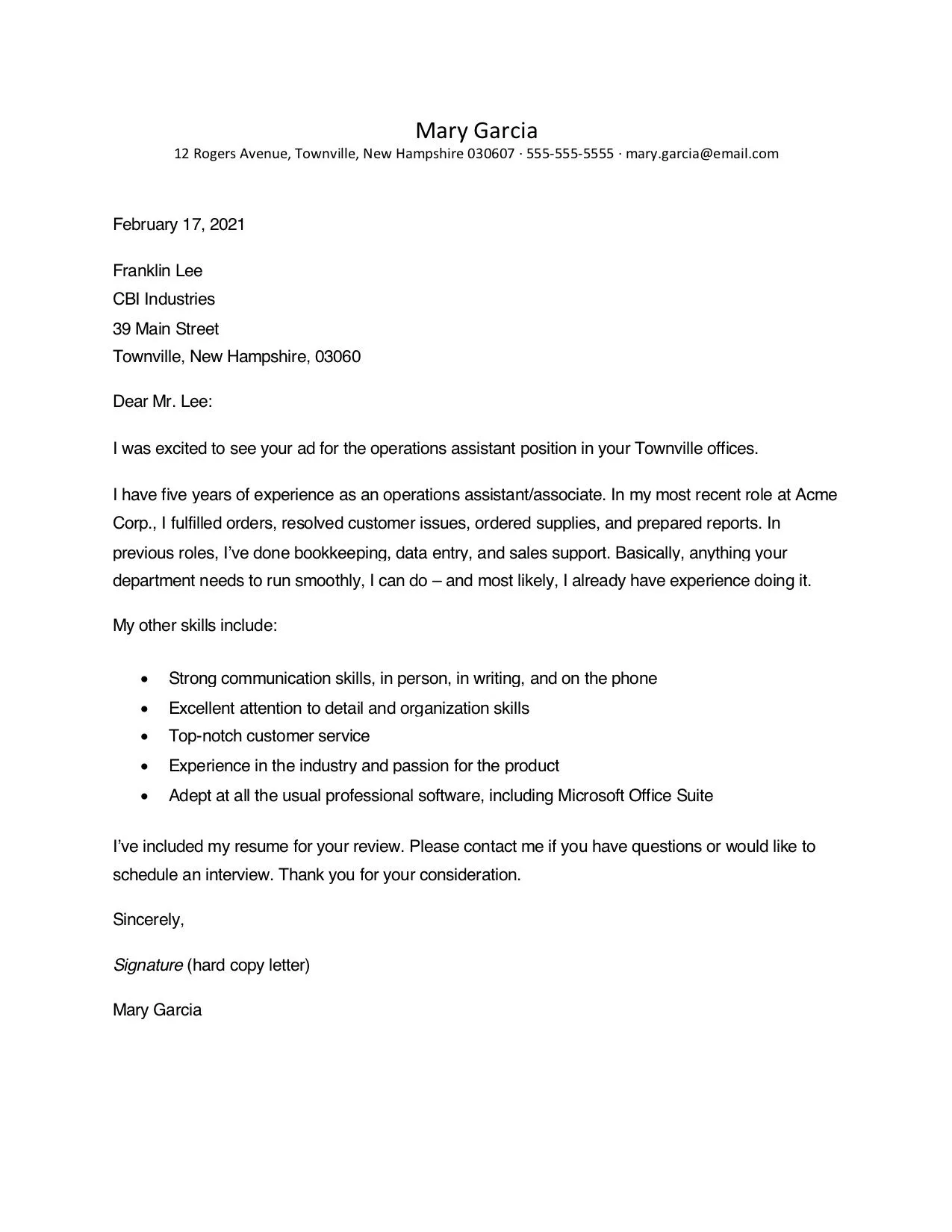
Company websites are a goldmine of information, and they can be a great starting point in your quest to identify the hiring manager. Start by visiting the company’s ‘About Us’ or ‘Team’ pages. Many companies showcase their leadership teams or department heads. Sometimes, the job posting itself will provide a contact name or a specific department. Carefully review these sections for any mention of the hiring manager, recruiter, or the person responsible for the role you are applying for. Look for titles such as ‘Head of [Department],’ ‘Director of [Department],’ or even a specific ‘Recruiting Contact’. Also, pay attention to the details of the job posting; it sometimes specifies the person to whom you should direct your application or inquiries.
Navigating the ‘About Us’ or ‘Team’ Sections
The ‘About Us’ or ‘Team’ sections of a company website can often provide valuable clues about who you should address your cover letter to. Look for executive profiles, departmental overviews, or employee directories. Examine the organizational chart for the department related to the job you’re seeking. You may find the hiring manager’s name or title directly. Even if you don’t find an exact name, you can gain insight into the company’s structure. This can enable you to address your letter to a specific department or team. This detailed research gives you a head start in making a personal and effective introduction. It shows that you’ve taken the time to get familiar with the company’s inner workings.
Checking LinkedIn
LinkedIn is an invaluable resource for professional networking and job searching, as well as for finding out who to address a cover letter to. Search for the company on LinkedIn and then look for employees in the relevant department or with titles such as ‘Hiring Manager,’ ‘Recruiter,’ or ‘Talent Acquisition Specialist.’ Many companies list the hiring manager for each specific role on their job postings. This makes it easy to find the appropriate contact. LinkedIn also allows you to see the connections between you and the company’s employees. You can also get insights into the company culture, employees, and more. The goal is to find the person who is most directly involved in the hiring process for the position you’re applying for.
Identifying the Hiring Manager

On LinkedIn, the best way to identify the hiring manager is to look for those with relevant job titles or responsibilities. Examine the profiles of individuals working in the department or team related to the job opening. Look for terms like ‘Hiring Manager,’ ‘Recruiter,’ ‘Talent Acquisition Specialist,’ or ‘Team Lead.’ Sometimes, the job posting will specifically name the hiring manager or provide a link to their LinkedIn profile. If you can’t find the exact hiring manager, consider addressing your letter to the department head or the recruiter listed in the job posting. Taking these steps will ensure your cover letter reaches the right person. This will increase your chances of getting noticed.
Contacting the Company Directly
Sometimes, the best way to get the information you need is to go straight to the source. Contacting the company directly can provide you with the most accurate and up-to-date information about who to address your cover letter to. This can involve a phone call or an email inquiry. Make sure your communication is professional and concise, and show that you value their time. It is also acceptable to use the company’s general contact email or phone number. Then inquire about the correct person or department to address the letter. This proactive approach demonstrates your initiative and genuine interest in the position.
Phone Calls and Email Inquiries
When contacting the company, start by introducing yourself and mentioning the specific job you are applying for. Politely ask if they can provide you with the name of the hiring manager or the person responsible for reviewing applications for the role. You can also ask which department or team is handling the hiring process. Prepare a brief script or a list of questions to guide the conversation and keep it efficient. If you are emailing, make your subject line clear and concise, such as ‘Inquiry about [Job Title] Application’ and keep the body of the email brief and to the point. Whether you call or email, always express gratitude for their time and assistance. This direct communication is a great way to make a strong first impression.
Addressing Your Cover Letter When Information is Unavailable
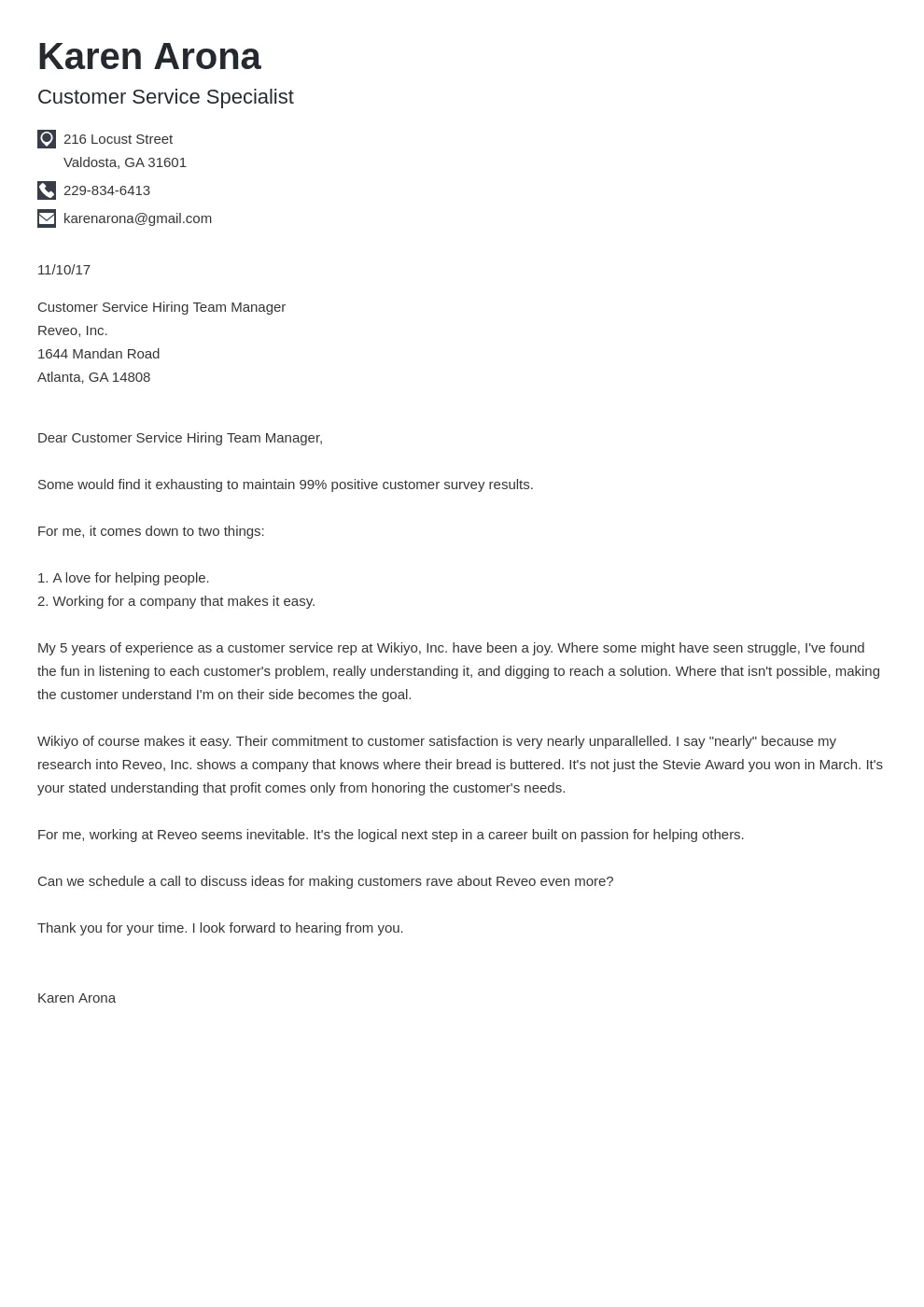
In some situations, you may find it challenging to identify the exact hiring manager. Whether it’s due to a lack of online information or simply the company’s privacy policies, it is important to know how to address your cover letter. If you can’t find the specific name, there are other effective ways to personalize your cover letter. These alternatives ensure that your application still stands out as professional and well-prepared. The key is to maintain a tone of respect and demonstrate that you’ve made an effort to tailor your application to the role and the company.
General Alternatives
When a specific name is unavailable, there are a few generally accepted alternatives for addressing your cover letter. Instead of addressing it to a specific individual, you can use a more general title that is still specific to the role or department. The most important thing is to avoid being too generic. You want to show that you’ve tried to make a connection, even if you haven’t found a name. Remember that the aim is to show professionalism and attention to detail. This will still show the hiring manager that you have a genuine interest in the position and the company. Even without a specific name, you can still demonstrate you’ve done your research.
Using ‘Hiring Manager’ or ‘Recruiting Team’
If you are unable to find a specific name, it’s acceptable to address your cover letter to ‘Hiring Manager’ or ‘Recruiting Team’. These phrases show that you’ve made an effort to personalize your application while acknowledging that you don’t have a specific name. This is a safe and professional option. You can also address your letter to the specific department, such as ‘Dear Marketing Team’ or ‘Dear Engineering Department,’ if you know the department responsible for the hiring. This approach is particularly useful for companies with a clear organizational structure. Ensure that you’re addressing your letter to the correct team or department. Using these options can convey a sense of consideration without sounding completely generic.
Best Practices for Professionalism
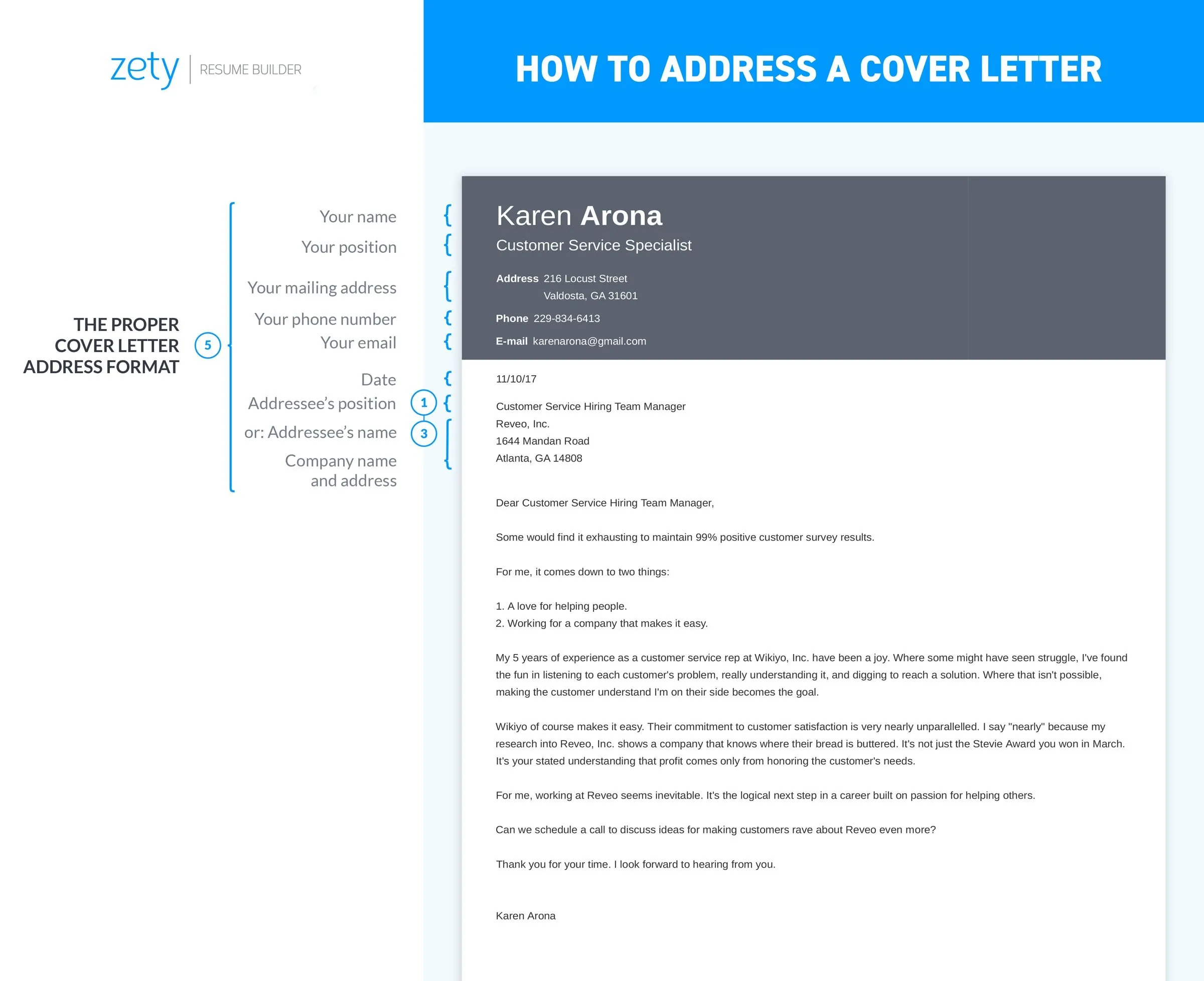
In addition to identifying the correct addressee, several best practices can improve the overall professionalism of your cover letter. From the formatting to the tone of your writing, it is important to present yourself in the best possible light. Proper attention to detail, grammar, and tone creates a polished impression. This will help you in your quest to securing that interview. Taking the time to refine these details can significantly enhance your application and make a great impression.
Formatting and Tone
Your cover letter’s formatting and tone should reflect professionalism and respect. Maintain a clear and concise structure, with well-defined paragraphs and a professional font, such as Times New Roman or Arial, in a readable size. Start with a polite greeting, such as ‘Dear Mr./Ms./Mx. [Last Name]’ or ‘Dear Hiring Manager.’ Your writing should be formal and concise, without slang or overly casual language. Show enthusiasm for the position and the company. Try to match the tone of the company culture, if you are aware of it, and show that you have done your research about the company. Ensure that your writing style reflects your seriousness and your attention to detail.
Proofreading and Error-Checking
Proofreading is one of the most critical steps in writing a cover letter. Errors in grammar, spelling, or punctuation can undermine your credibility and give the impression that you are not detail-oriented. Review your cover letter multiple times, looking for any mistakes. Read it aloud to yourself, and have someone else proofread it as well. Use spell-checking and grammar-checking tools, but don’t rely on them entirely; these tools can sometimes miss errors. Pay close attention to the addressee’s name and title. Confirm that you have spelled it correctly. Ensure that all contact information is accurate and up-to-date. Taking the time to proofread demonstrates your commitment to accuracy and professionalism.
Avoiding Common Mistakes
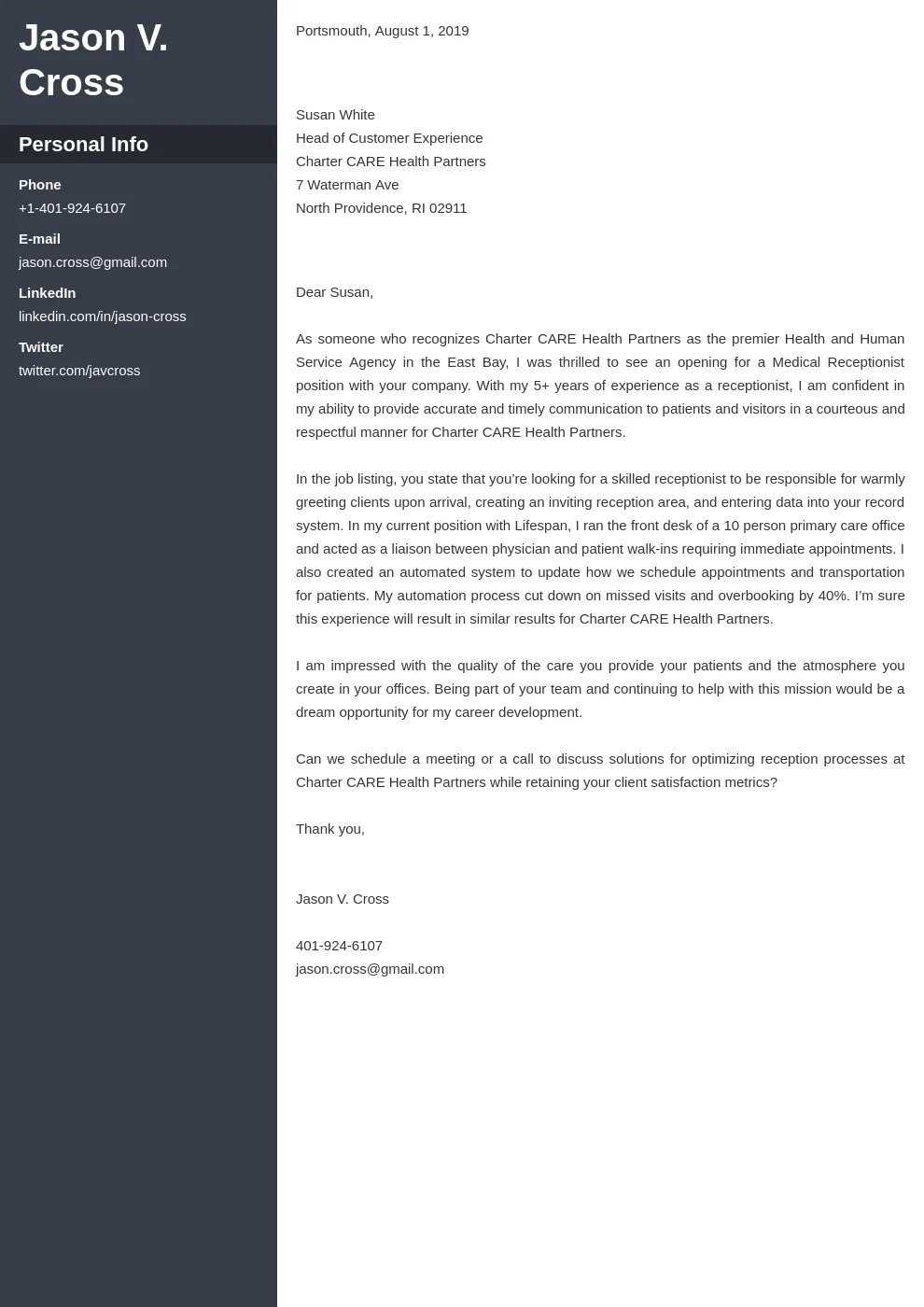
Several common mistakes can hurt your chances of making a positive impression with your cover letter. By being aware of these pitfalls, you can avoid them and increase your chances of a successful application. These mistakes are easy to prevent with a bit of planning and attention to detail. Understanding what to avoid will give you a leg up in the job search.
Using Incorrect Titles or Names
Using incorrect titles or names is a common mistake that can be easily avoided with proper research. Misspelling a name or using the wrong title indicates a lack of attention to detail. This is especially noticeable when you’re addressing the hiring manager directly. If you are unsure about the correct spelling of a name or the appropriate title, verify the information through multiple sources, such as LinkedIn, company websites, or contact directories. Take the time to double-check the information. Getting the addressee’s name and title right demonstrates your respect and your commitment to making a positive impression.
Neglecting Research
Failing to research the company and the role you are applying for is another mistake that can diminish the impact of your cover letter. Demonstrating that you have taken the time to understand the company and its requirements will boost your chances of landing an interview. Personalizing your cover letter, showcasing your understanding of the company’s goals, and highlighting how your skills and experience align with those goals will show the hiring manager you care. Taking the time to research the company before writing your cover letter shows that you’re genuinely interested in the opportunity. It also indicates that you’re willing to go the extra mile.
In conclusion, knowing who to address your cover letter to is an important detail that impacts your overall application. By researching and addressing the right person, you are putting yourself in the best position possible to land an interview.
